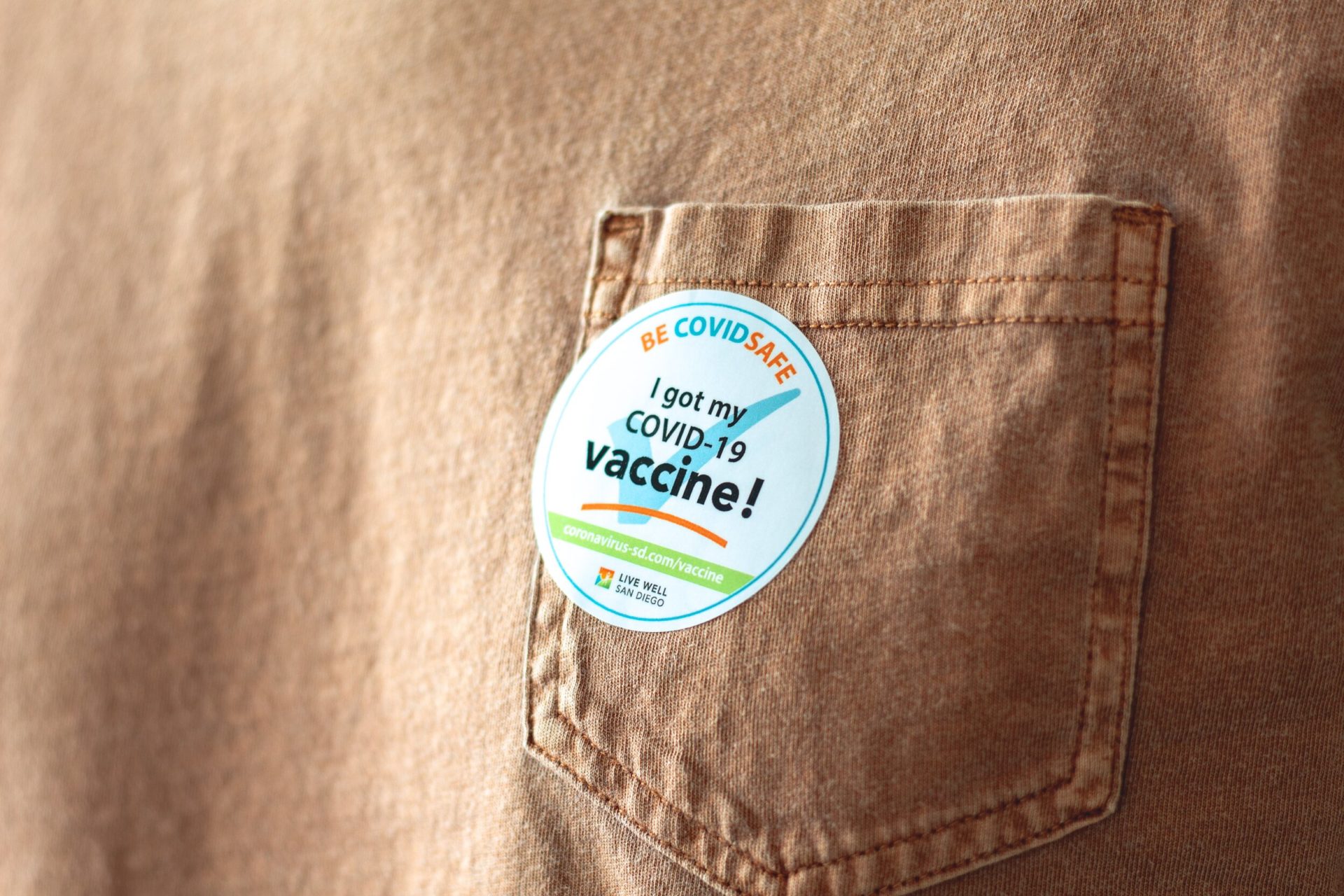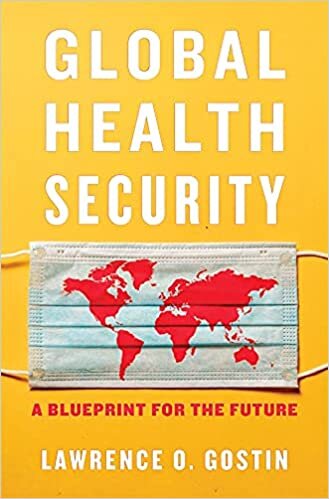
The Centers for Disease Control and Prevention (CDC) ranked vaccinations as one of the greatest public health achievements of the 20th century. Yet the anti-vaccine movement is as old as vaccination itself. From the founding of the Anti-Vaccination Society of America in 1879 to the mistaken idea that the MMR vaccine caused autism, anti-vaccination beliefs have long been fueled by misinformation and conspiracy theories. Through all the public doubts, the law and the judiciary have always supported immunizations – until now.
The COVID-19 pandemic has become so politicized that anti-vaccination beliefs are now espoused by public officials and embedded in state law. Rather than mandating COVID-19 vaccination, states are actually banning mandates. At least 13 states have enacted laws prohibiting mandatory COVID-19 vaccinations and even “proof of vaccination” (so-called “vaccine passports”). Many more have bills pending. Governors in another 11 states have issued Executive Orders prohibiting COVID-19 vaccine mandates or vaccine passports. These edicts go well beyond government mandates. They also restrict private businesses, schools, and institutions of higher education (IHE) from asking for proof of vaccination as a condition of attendance. That will make it much harder to reach the level of herd immunity needed to protect everyone from the dangers of COVID-19 and new variants.
Beyond state laws and executive orders, several lawsuits have challenged COVID-19 vaccine requirements. These range from COVID-19 requirements in businesses and universities to those in schools, hospitals, and correctional facilities. Each of the lawsuits is premised on the claim that it is unlawful to mandate a vaccine that is only authorized for emergency use. In the first decision on this issue, a federal judge dismissed a lawsuit brought by employees of Houston Methodist over the health system’s COVID-19 vaccination mandate for workers. The judge explained, “This is not coercion. Methodist is trying to do their business of saving lives without giving them the COVID-19 virus.” Methodist’s vaccination mandate was hugely successful, achieving a 99% vaccination rate.
At the same time, Norwegian Cruise Lines is suing the State of Florida for banning proof of vaccination for boarding a cruise. Since cruise ships have a checkered history of SARS-CoV-2 super spreader events, Norwegian wants to ensure safety for all its passengers and crew, and also comply with federal guidance. They likely be able to do so: in a separate case on July 18, the 11th Circuit federal court of appeals ruled that CDC’s COVID-19 guidelines for cruise lines are not suggestions but rules, rejecting Florida Governor Ron DeSantis’ lawsuit against the CDC.
State prohibitions on mandatory vaccination are not based on scientific facts, such as whether COVID-19 vaccines gain full Food and Drug Administration (FDA) approval, the discovery of new dangerous variants, or a sharp rise in SARS-CoV-2 cases. None of these laws, moreover, have sunset clauses, so they cast in stone barriers to vaccination indefinitely. Tennessee went so far as to not only abandon their outreach for COVID-19 vaccines but for all vaccines as well, setting an even more shocking precedent.
Even if COVID-19 vaccinations continue to have a remarkable record of safety and effectiveness, these laws leave no way for a school, IHE, or business to know who is, or is not, vaccinated. These laws are not only counterintuitive, but they also put everyone at risk. Vaccine mandates have a proven track record of boosting and maintaining high vaccination coverage. And rather than outright ban “vaccine passports,” we should engineer proof of vaccination systems that can make us all safer.
COVID-19 Mandates and Proof of Vaccination
States have long had the power to require vaccinations. In 1905, the Supreme Court upheld a smallpox vaccination mandate in Cambridge, Massachusetts, and in 1922, the Court upheld vaccine mandates as a condition of school entry. Today, all states require a series of childhood vaccines recommended by the CDC.

There is strong evidence that mandates work, boosting and maintaining vaccine coverage. From smallpox to childhood immunizations, history has shown that vaccine rates rise and stay high after mandates are enacted. According to CDC, influenza vaccination coverage is highest – at approximately 94.4% – among health workers where vaccination is required. If framed appropriately, vaccine mandates do not provoke a backlash. They do quite the opposite; they increase acceptance of vaccinations and make them the norm over time. Many surveys demonstrate that a majority of Americans support employer requirements for COVID-19 vaccination as a condition to return to work.
Colleges and universities already have a history of mandating certain jabs such as Hepatitis B and meningococcal vaccine. They use mandates to keep students safe, especially in high-risk settings like dormitories and classrooms. Currently, more than 500 colleges and universities have announced COVID-19 vaccine requirements, and on Monday, a federal judge upheld Indiana University’s COVID-19 vaccine mandate – the first ruling of its kind. Requiring vaccinations in post-secondary education can help reach young adults who are among the most resistant to COVID-19 vaccinations.
The Equal Employment Opportunity Commission also has ruled that businesses can require COVID-19 vaccines as a condition of returning to work but must grant medical and religious exemptions.
Even without a mandate, firm “nudges” work. But for them to be effective we have to be able to ascertain proof of vaccination.
Businesses could ask employees to go through a process to get a vaccination exemption. It could be as simple as providing a declaration as to why the person doesn’t want a vaccine or the business could ask refusers to undergo a vaccine education session. Alternatively, a business or university could require reasonable safety standards for those who won’t be vaccinated – such as wearing a mask, distancing, and a twice-weekly testing protocol.
In the face of these hurdles, most people choose to get the jab. These “nudges” work by making vaccination the easier choice.
The Reasons for Anti-Vaccine Edicts are Unfounded
Legislators and governors offer a variety of reasons for banning compulsory vaccinations or proof of vaccination, including bodily integrity, discrimination, and privacy. Many of these arguments are premised on the idea that it is unethical and unlawful to require individuals to have “an experimental” vaccine. None of these arguments hold water.
A common defense for the vaccine-hesitant is the concept of bodily integrity and that forcing a vaccine breaches the medical doctrine of informed consent. No one can indeed be forced to get a medical treatment needed to protect their own health, but vaccine mandates aren’t for that purpose alone. They should be required to protect others. No one has a right to go mask-less and unvaccinated in a crowded workplace or classroom. There is a deep tradition that a person’s rights stop at the point where he or she poses a threat to others. Vulnerable individuals are at risk from unvaccinated individuals, especially if they are immunocompromised or ineligible for a vaccine.
Then there is the idea of vaccine discrimination. Some lawmakers have passed anti-vaccine legislation explicitly banning so-called vaccine discrimination. Yes, vaccine mandates discriminate to the extent that it places additional burdens on the unvaccinated, but the CDC already recommends that only unvaccinated individuals mask and distance. But this kind of discrimination isn’t invidious or unethical. It is based on scientific data showing that not being vaccinated poses a risk of transmission of a potentially lethal virus. It is not based on any immutable status such as race, gender, or sexual orientation.
And then there is, of course, the baseless privacy argument. Asking a person if he or she is vaccinated is not a violation of privacy that is either unlawful or unethical. The Health Insurance Portability and Accountability Act (HIPPA) Privacy Rule applies only to health care providers—not schools or businesses. There is also a HIPAA exemption for public health. Asking for a vaccination record doesn’t mean getting any confidential information such as a pre-existing condition or other health status. Individuals are free to decline disclosing their vaccine status, but if they do, they will have to accept reasonable consequences.
Most of the claims against mandatory or proof of vaccination are premised on the idea that SARS-CoV-2 vaccines are “experimental,” but they are not. Researchers have been studying mRNA vaccines for decades. COVID-19 vaccines have undergone clinical trials with tens of thousands of participants. Hundreds of millions of doses have been administered in the United States, and some three billion worldwide. COVID-19 vaccines’ safety and effectiveness are as good (or better) than any vaccine I have seen in 30 years of experience in public health. It is as good as vaccines that rid the world of scourges like polio and smallpox.
The United States COVID-19 vaccination campaign is stalling badly, and we won’t get to herd immunity unless we make hard choices. We need to make getting a vaccine the easy, “default” choice. We cannot convey the idea that refusing a vaccine is synonymous with American freedom. Being unvaccinated isn’t a badge of liberty. We shouldn’t make refusing a vaccination a casual choice, but one that requires good information and a deliberative process. We should aim for mandatory vaccination or at least a very strong “nudge.”






